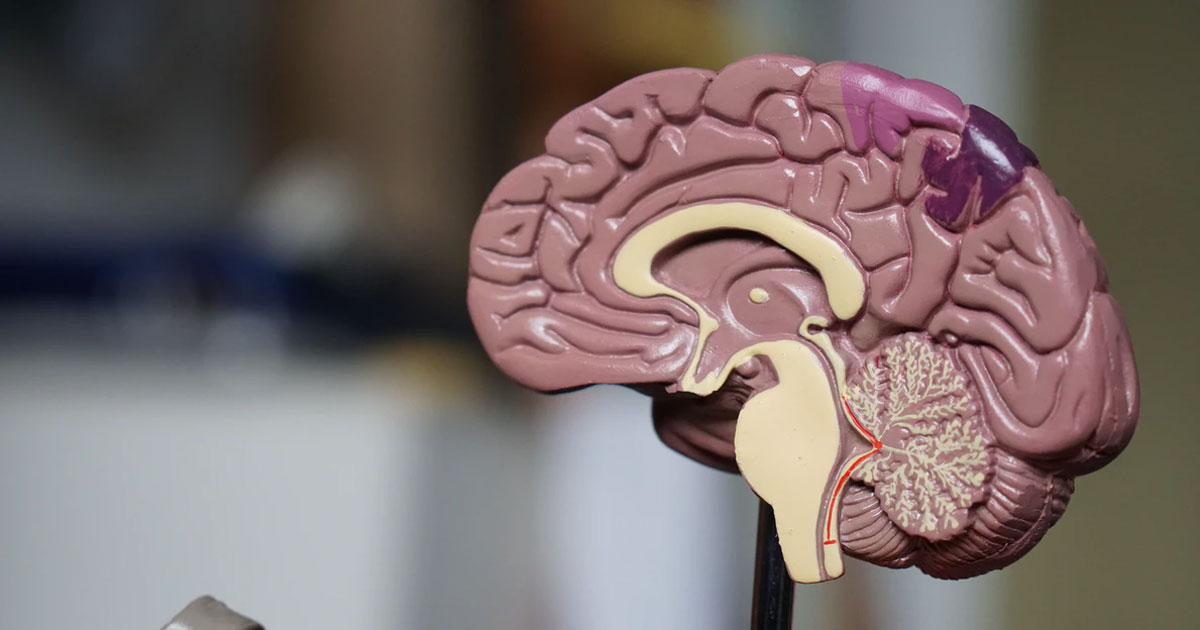Scientists have warned that serious and potentially fatal coronavirus-linked brain disorders have emerged in mildly affected or recovering patients, The Guardian reported.
This new research shows that the coronavirus does not just target the lungs.
Neurologists on July 8 published details of more than 40 Covid-19 patients from U.K. whose complications ranged from brain inflammation and delirium to nerve damage and stroke.
In some cases, the neurological problem was the patient’s first and main symptom.
Brain damage
The cases were published in the journal Brain.
They revealed a rise in a life-threatening condition called acute disseminated encephalomyelitis (Adem), after Covid-19 spread through Britain during the first wave.
Adem cases increased from one a month at UCL’s Institute of Neurology before the pandemic to two or three per week in April and May.
The study authors examined 43 coronavirus patients between the ages of 16 and 85.
All were treated at the National Hospital for Neurology and Neurosurgery in London between April 9 and May 15.
One woman, who was 59, died of the complication.
A dozen patients had inflammation of the central nervous system.
A total of 10 had brain disease with delirium or psychosis.
Another eight had strokes, including a woman, aged 27.
Another eight had peripheral nerve problems, mostly diagnosed as Guillain-Barré syndrome, an immune reaction that attacks the nerves and causes paralysis and is fatal in 5 per cent of cases.
Michael Zandi, a senior author on the study and a consultant at the institute and University College London Hospitals NHS foundation trust, said: “What we’ve seen with some of these Adem patients, and in other patients, is you can have severe neurology, you can be quite sick, but actually have trivial lung disease.”
Life-long effects of Covid-19
The cases add to concerns over the long-term health effects of Covid-19.
The illness has left some breathless and fatigued long after they have been cleared of the virus, and others with numbness, weakness and memory problems.
Patients have been described as behaving oddly after being discharged from hospital.
One patient repeatedly put her coat on and took it off again, and began to hallucinate, reporting that she saw monkeys and lions in her house.
Another woman, aged 47, was admitted to hospital with a headache and numbness in her right hand a week after a cough and fever came on.
She later became drowsy and unresponsive and required an emergency operation to remove part of her skull to relieve pressure on her swollen brain.
The full range of brain disorders caused by Covid-19 may not have been picked up yet, because many patients in hospitals are too sick to examine in brain scanners or with other procedures.
The authors of the new study suggest that doctors should follow up with recovered coronavirus patients to "ascertain the long-term consequences of this pandemic".
"My worry is that we have millions of people with Covid-19 now. And if in a year's time we have 10 million recovered people, and those people have cognitive deficits... then that's going to affect their ability to work and their ability to go about activities of daily living," Adrian Owen, a neuroscientist who was not involved in the study, told Reuters.
Top photo via Unsplash
If you like what you read, follow us on Facebook, Instagram, Twitter and Telegram to get the latest updates.
